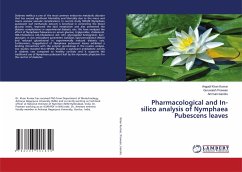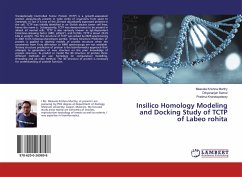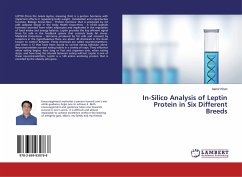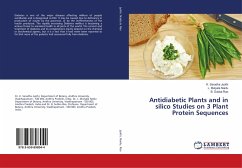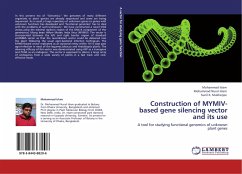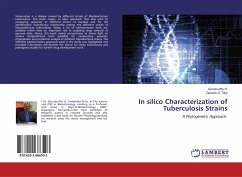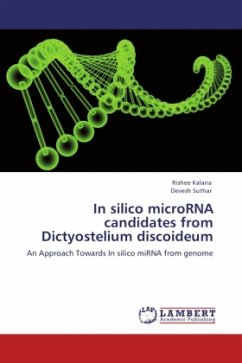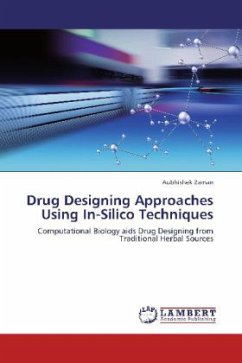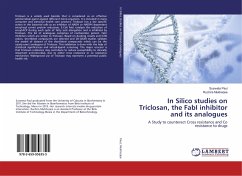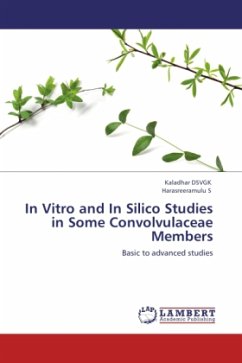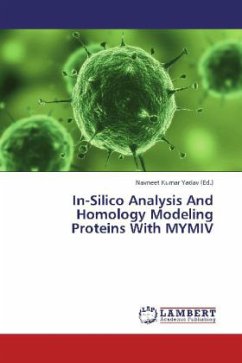
In-Silico Analysis And Homology Modeling Proteins With MYMIV
Versandkostenfrei!
Versandfertig in 6-10 Tagen
32,99 €
inkl. MwSt.

PAYBACK Punkte
16 °P sammeln!
The objective of homology modeling is to build a 3D model for a protein of which the structure is unknown (the target) on the basis of sequence similarity to proteins of known structure (the templates). Computational tools provide researchers to understand physic-chemical and structural properties of proteins . A large number of computational tools are available from different sources for making predictions regarding the identification and structure prediction of proteins . The major drawbacks of experimental methods that have been used to characterize the proteins of various organisms are the...
The objective of homology modeling is to build a 3D model for a protein of which the structure is unknown (the target) on the basis of sequence similarity to proteins of known structure (the templates). Computational tools provide researchers to understand physic-chemical and structural properties of proteins . A large number of computational tools are available from different sources for making predictions regarding the identification and structure prediction of proteins . The major drawbacks of experimental methods that have been used to characterize the proteins of various organisms are the time frame involved, high cost and the fact that these methods are not amenable to high throughput techniques. In silico approaches provide a viable solution to these problems. The amino acids sequence provides most of the information required for determining and characterizing the molecule s function, physical and chemical properties. Computationally based characterization of the features of the proteins found or predicted in completely sequenced proteomes is an important task in the search for knowledge of protein functions.



